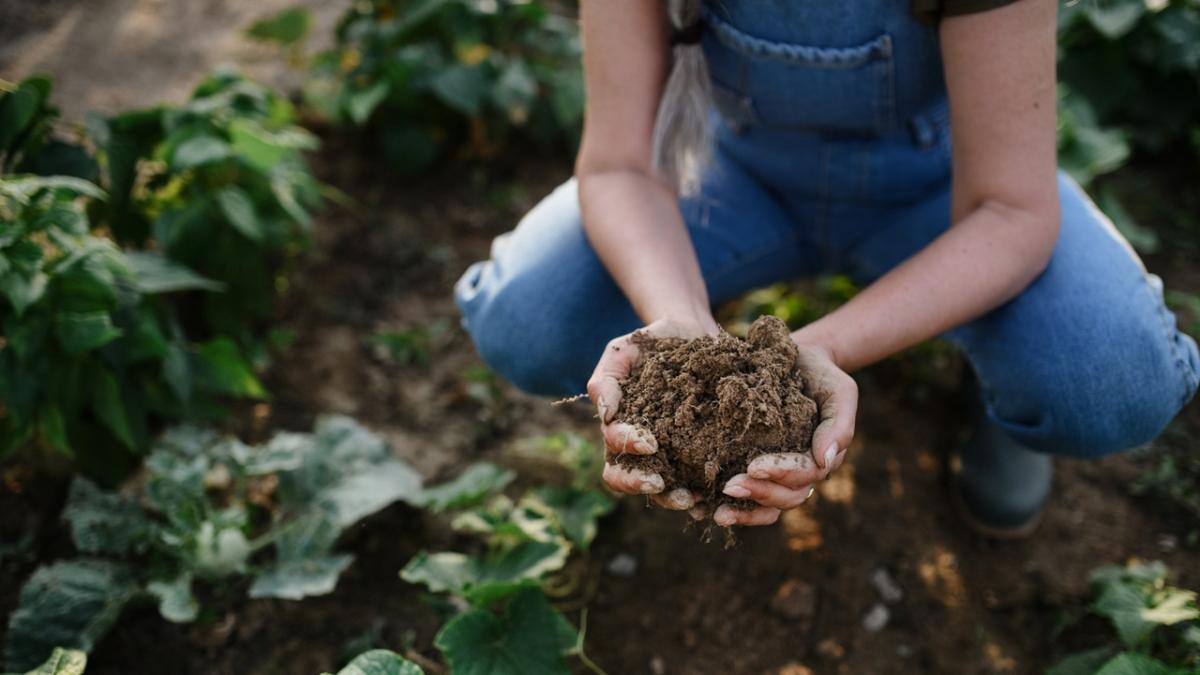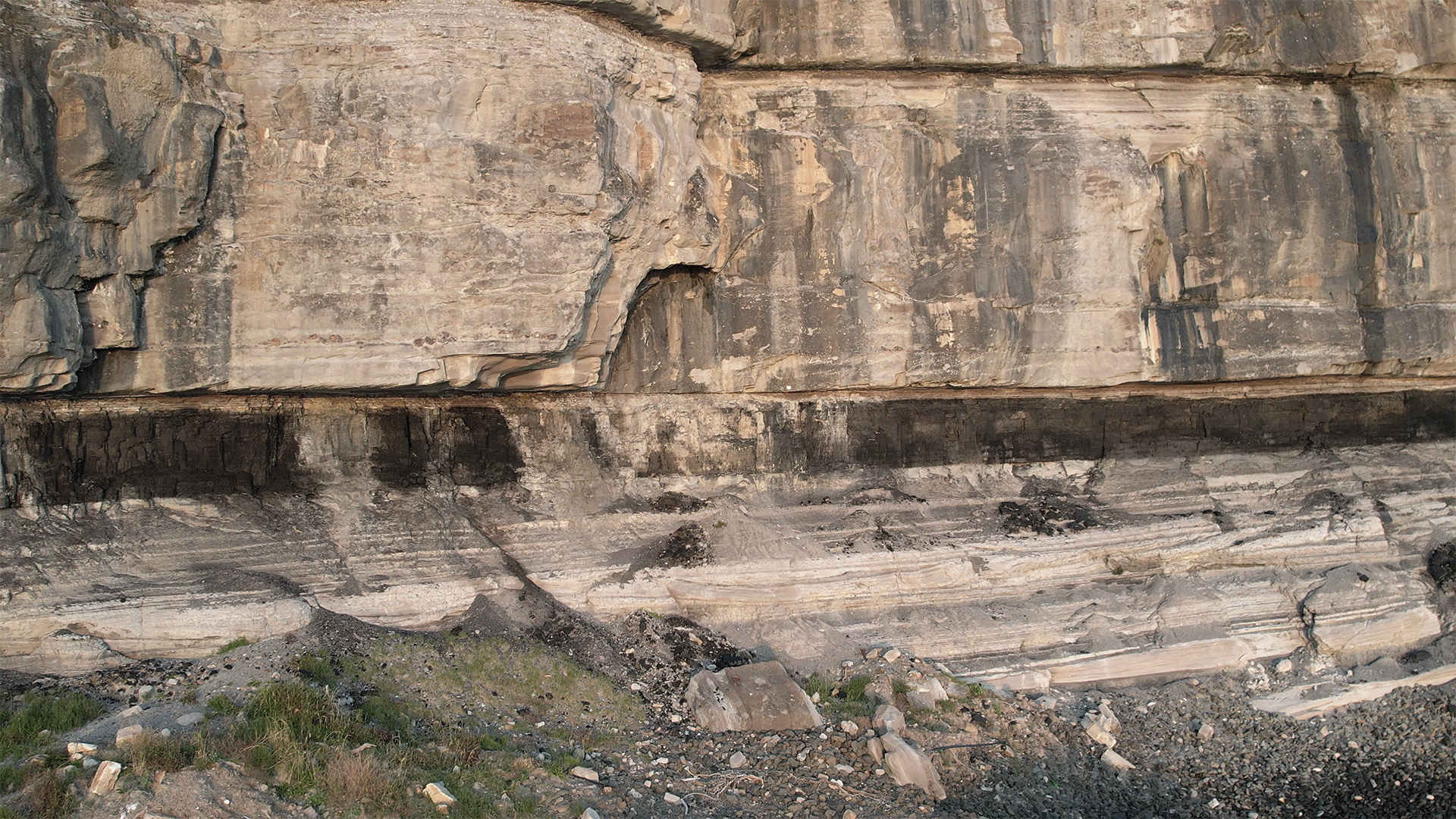Theorising Regeneration

Join the School of Humanities and Languages for Theorising Regeneration, of the Ecologies of Repair Regeneration and Restoration workshop series.

Simon Lumsden
Culture After the End of NatureIn environmental thought the idea of nature as a domain independent of the human has had a powerful role in motivating what environmental thought strives to value, understand and protect. It has been argued that in the Anthropocene this division is impossible to sustain, and that this ideal of nature preserves an unproductive human-nature divide. On this view all landscapes are cultured; there is no nature independent of human practices because modernity has transformed ‘nature’ into an environment shaped by human activity. In this paper I argue that in Australia, for the settler population, conceiving of a human-culture-in-nature is challenging if not impossible because of colonisation and the enduring legacy of the notion of culture that animates western modernity. This paper examiners how culture might be reconceived to incorporate different relationships to landscape and animal life than has been the case in the conception of culture that has dominated western thought.

Madeline Miller
The Regenerative Turn in Australian AgricultureLivestock agriculture has often propelled concerns about destructive environmental change in Australia and in recent years there has been growing critique over its casual effect on anthropogenic climate change. Framed as a ‘nature-based-solution’, the emergent alternative farming movement regenerative agriculture seeks to address these concerns whilst also rendering livestock compatible with ecological restoration. This talk examines the claims of restoration made by regenerative practitioners and contextualises them within the broader cultural politics of human-livestock relations in Australia. Findings are drawn from a photo-elicitation study undertaken with Australian regenerative farmers and from qualitative interviews conducted with industry experts in Australia. As experts call for the critical reduction of livestock agriculture, political and social enthusiasm for regenerative farming suggests that agricultural production is deeply entwined with settler-colonial interpretations of 'healthy' Australian landscapes. Drawing on the disciplinary perspectives of human geography and the environmental humanities this paper argues that livestock-centric agriculture remains definitive of power, possession and civilisation in Australia, and that these forces will have to be reckoned with in the context of Australian agricultural responses to the climate crisis

Taylor Sherman
Cultural Politics of Tree PlantingTrees are common as both a symbol and a tool of environmental regeneration. And tree-planting campaigns have a history that dates back hundreds of years. That history, however, is marked by controversy, debate, and failure. This paper looks at some of that history, starting from South Asia, but spanning the wider world. It asks, why do states, communities, and even companies keep planting trees? Exploring the ecological, cultural, technical and somatic politics of tree planting, this work in progress posits some answers to this question.



